Since she left prison in 2005, Piper Kerman hasn't stopped talking about it.
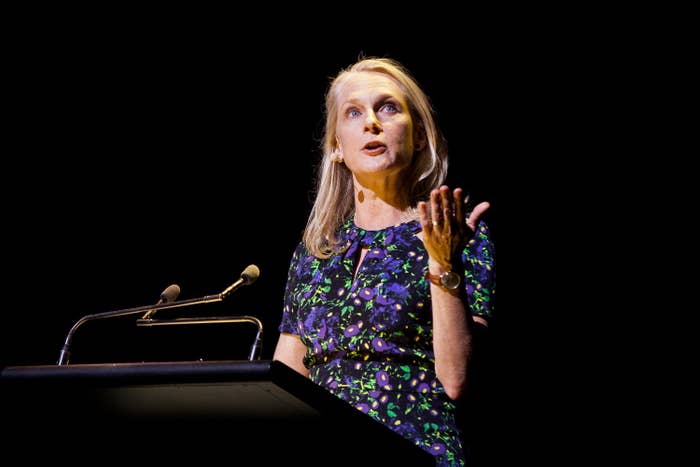
She spent 13 months at a correctional centre in Danbury, Connecticut, from February 2004. As a white, middle-class prisoner, Kerman quickly became aware of the ways the prison system fails Americans – but particularly poor Americans, and people of colour. Since her stint behind bars, she's become a vocal advocate for prisoners rights.
She's been on the board of the Women's Prison Association for six years and teaches nonfiction writing in two prisons in Ohio. And in a move that brought her story to prominence, she also wrote a memoir that served as the inspiration for hugely popular Netflix show Orange Is the New Black.
Kerman recently spoke at the All About Women festival at the Sydney Opera House and sat down with BuzzFeed News.
Here's what she wants people to know about prison.
1. Kerman thinks everyone has lost sight of why we actually send people to prison.
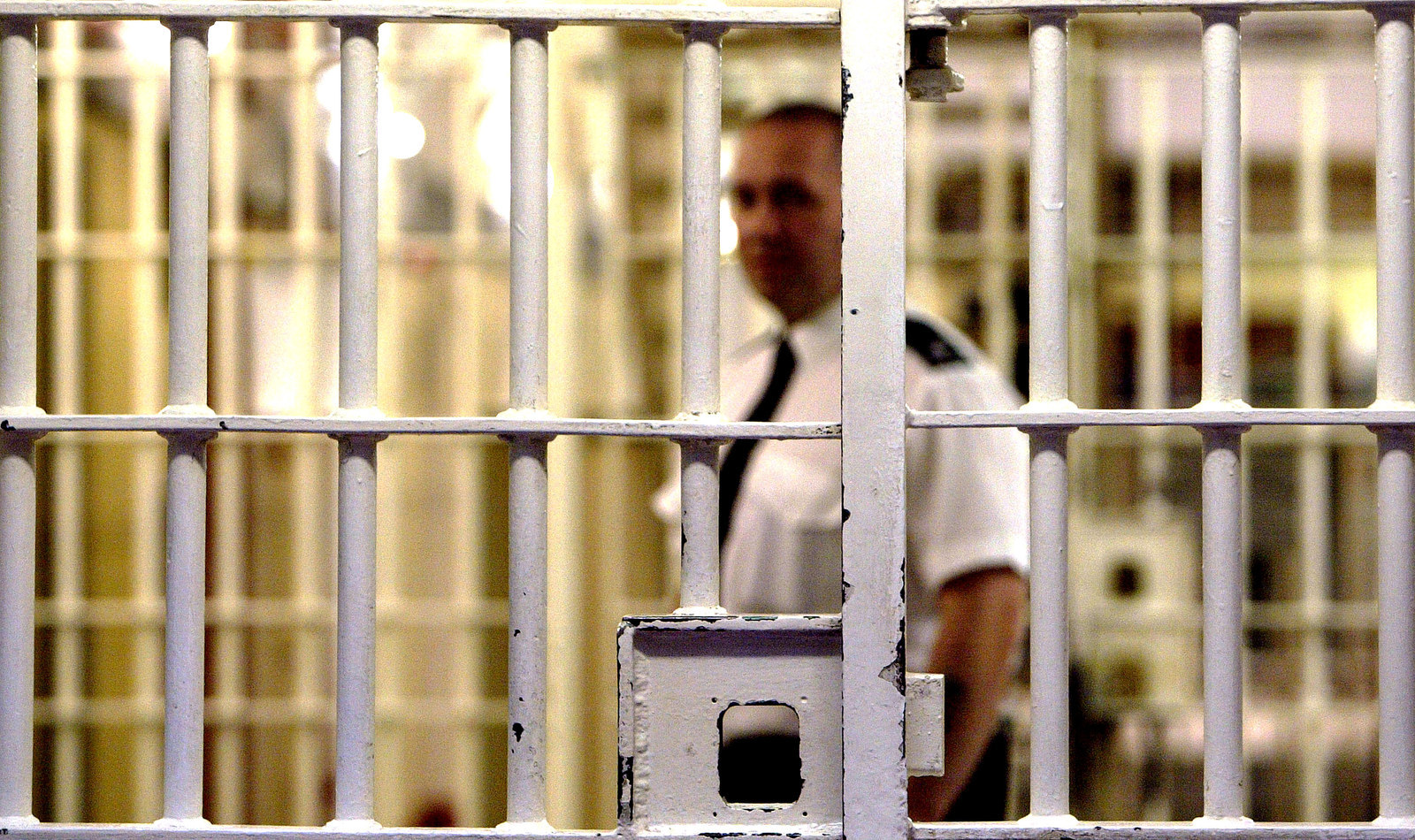
“My fundamental and most important goal is to reduce the number of people sent to prison in the first place," Kerman says. “Prison is very, very punitive. In America, at least, it is not rehabilitative."
She says asking questions like "Why do we punish?" and "What do we expect from punishment?" is essential. "There’s retribution – that age-old eye-for-an-eye kind of thing. But if we expect restoration, rehabilitation, change – then we have to do things differently.”
2. And, she says, when you think about it, it makes little sense to incarcerate certain people.
"Women offer a crystallizing example of stupid uses of prisons," Kerman says.
"The vast majority of women we incarcerate are not there for violent crimes, are not criminal kingpins, but are there for low level-offences tethered to poverty.”
3. The two biggest myths about prison are that a) everyone is violent, and b) prison is rehabilitative.
When Kerman came out of prison, people were really interested in what she had just experienced. But most people assumed Kerman had been beaten up by hardened thugs every day, or, alternatively, that she had been kept busy by all the constructive programs and learning opportunities. Nope to both, says Kerman.
"There’s a persistent idea that what happens in US prison and jail is rehabilitative, that it’s a punishment that gains a good result," she says. “It's really about warehousing people."
4. Hearing the voices of prisoners is really important.
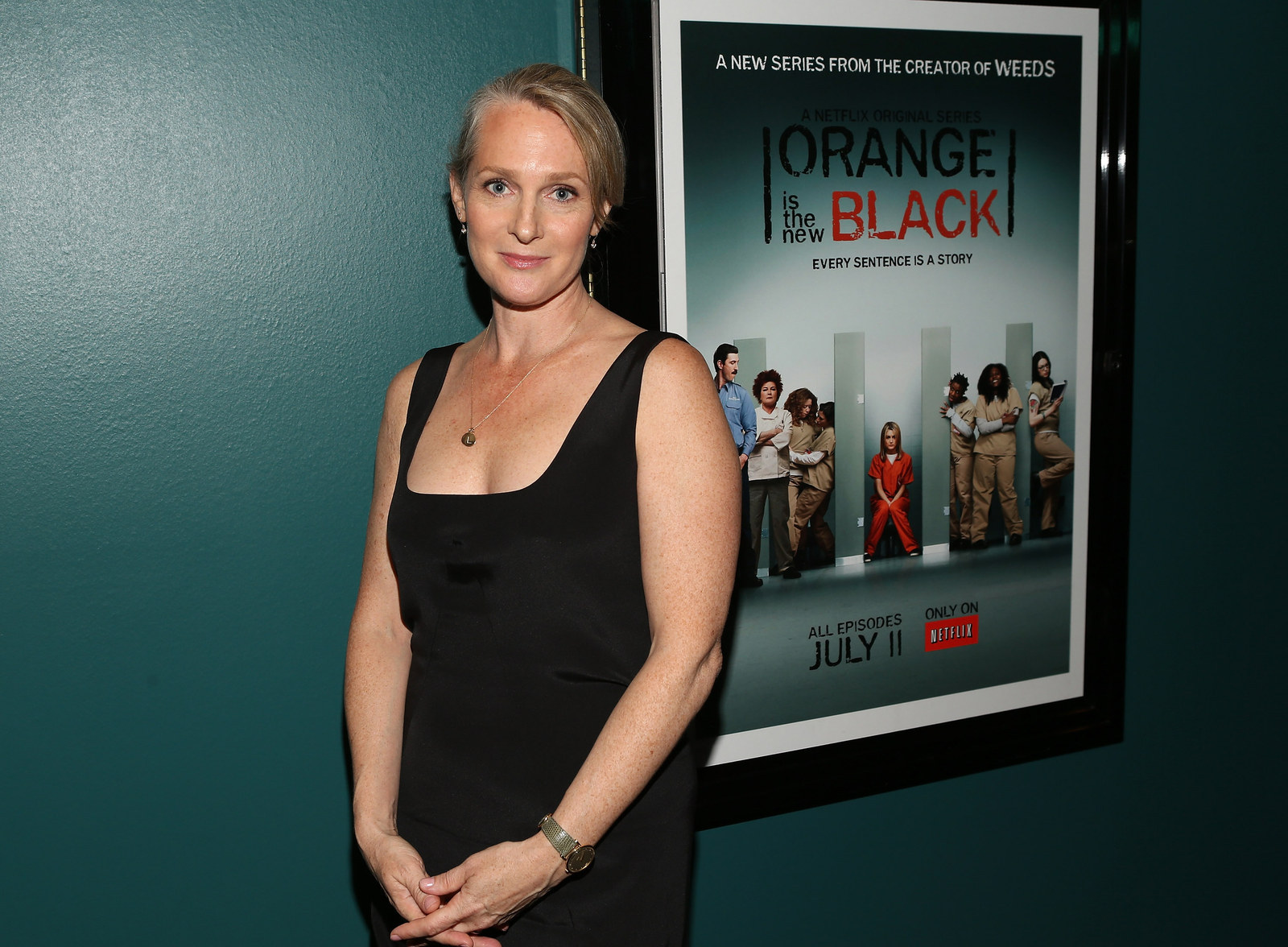
Kerman teaches nonfiction writing at a men's prison and a women's prison in Ohio. Each week, her eager students read the story of someone who's been touched by prisons and jails – people who have done time, their loved ones, former guards, counsellors – and discuss it. Then they write their own stories.
“It’s hard to imagine a more silenced group of human beings than prisoners," Kerman says. “One of the things you regain by writing is that sense of agency, that sense of yourself creating your own life."
5. Most women in prison are mothers.
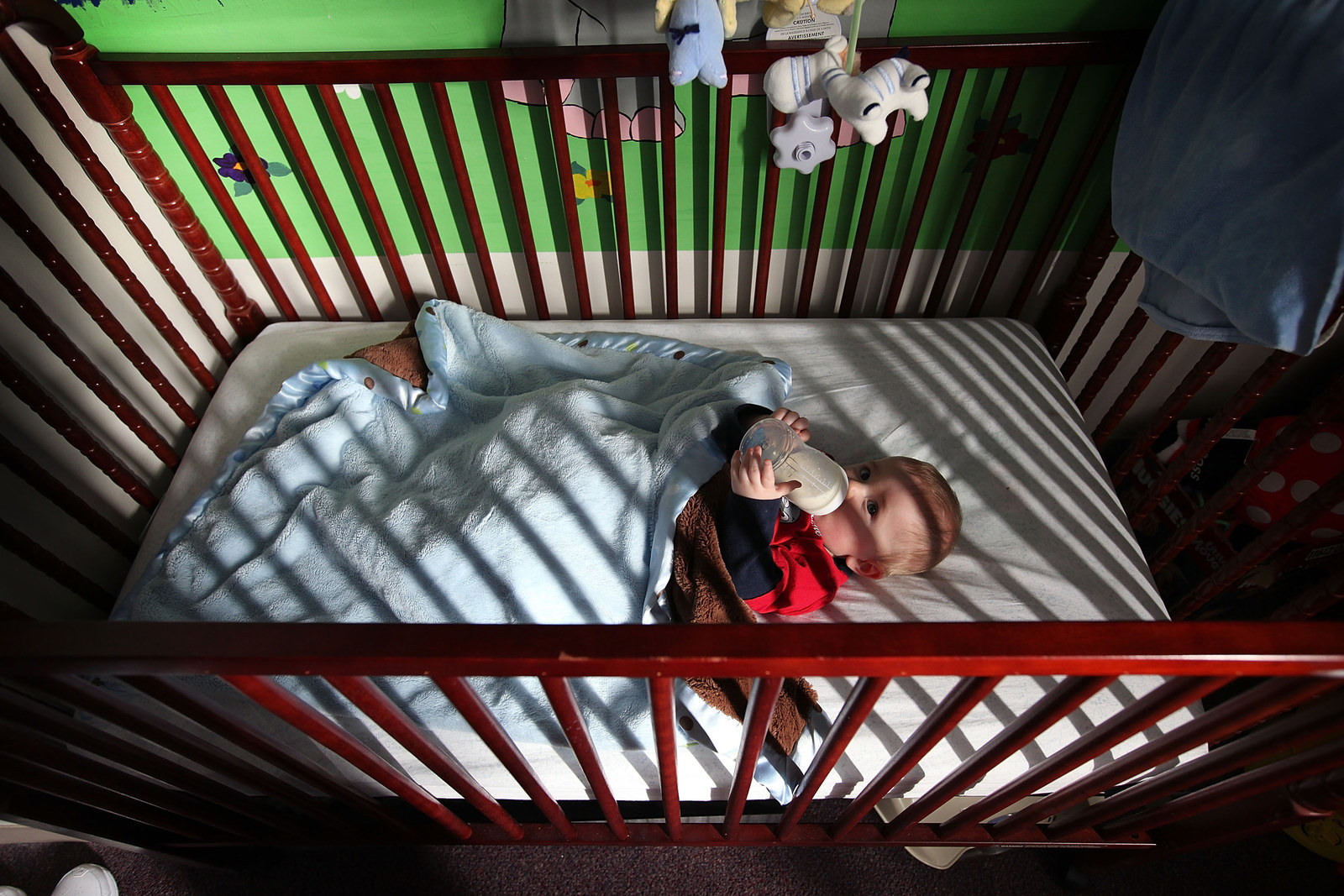
“In the US, a woman’s kids are five times more likely to enter the foster system when their mother is incarcerated than when their father is," Kerman says. "The punishment isn't just felt by those who break the law."
The Women's Prison Association (WPA) tries to combat this in two ways. Firstly, it advocates for "diversion programs" – in other words, programs that take things like motherhood into account and try to find alternatives to prison. And for mothers who do end up in prison, the WPA runs "reunification housing", to help moms get on their feet and seek custody again.
“In a place like New York, [regaining parental rights] is an incredibly challenging thing, because you must be able to afford housing which is safe and large enough for your entire family," Kerman says.
6. It's impossible to think about prison without thinking about race and class.
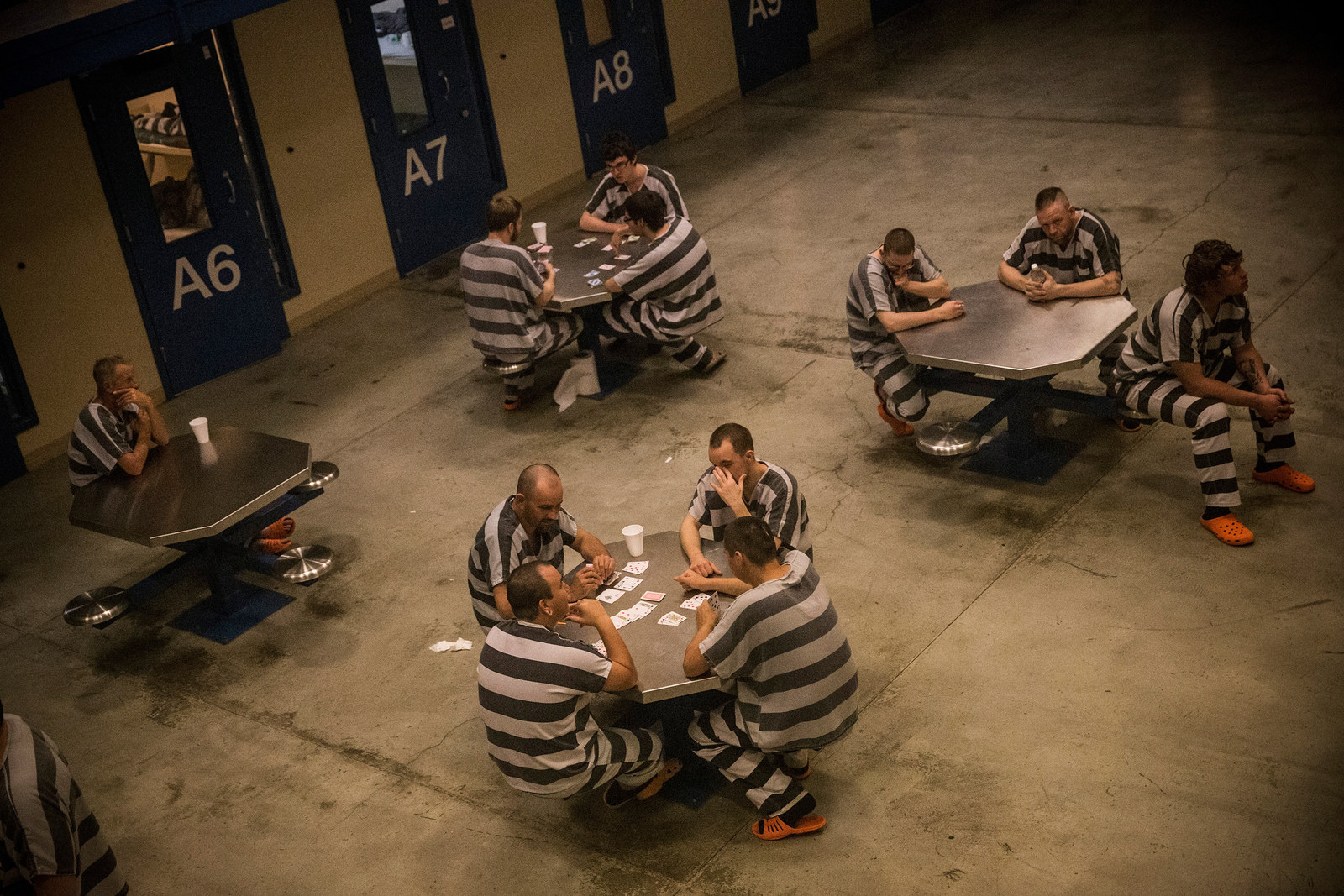
Kerman's privilege as a white, middle-class woman permeates her advocacy. She's hyper-aware of how these factors made her incredibly lucky in terms of navigating the American justice system.
"We have a criminal justice system that is profoundly racist, and profoundly unjust to poor people," she says. "That was apparent from the very first day in prison. And that's something I think about every day.”
It's also about recognising that we as a society don't have sympathy for certain groups, Kerman says. “When I teach in the men’s prison, the stories these men write about their lives reveal terrible victimisation," she says. "We find it hard to perceive men of colour from poor communities as victims, because we always cast them as villains. That’s a huge problem."
7. In prison, you have to be able to laugh – or you'll cry.
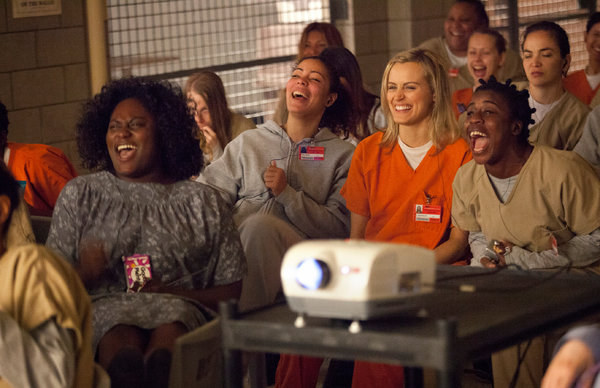
Kerman says the use of humour in Orange Is the New Black doesn't make light of prison – but rather, is a valuable tool to help people understand.
“The show has a provocative marriage of drama and humour," she says. "I think the use of humour to analyse the world is incredibly useful. Bluntly, some of the issues that lodge in our prisons and jails are so difficult and so horrific that it’s hard to get people to think about them.”
“Humour is an incredible survival skill. In prison, there are times when if you don’t laugh you would cry.”
8. She's not offended that Piper Chapman is a villain in Orange Is the New Black.
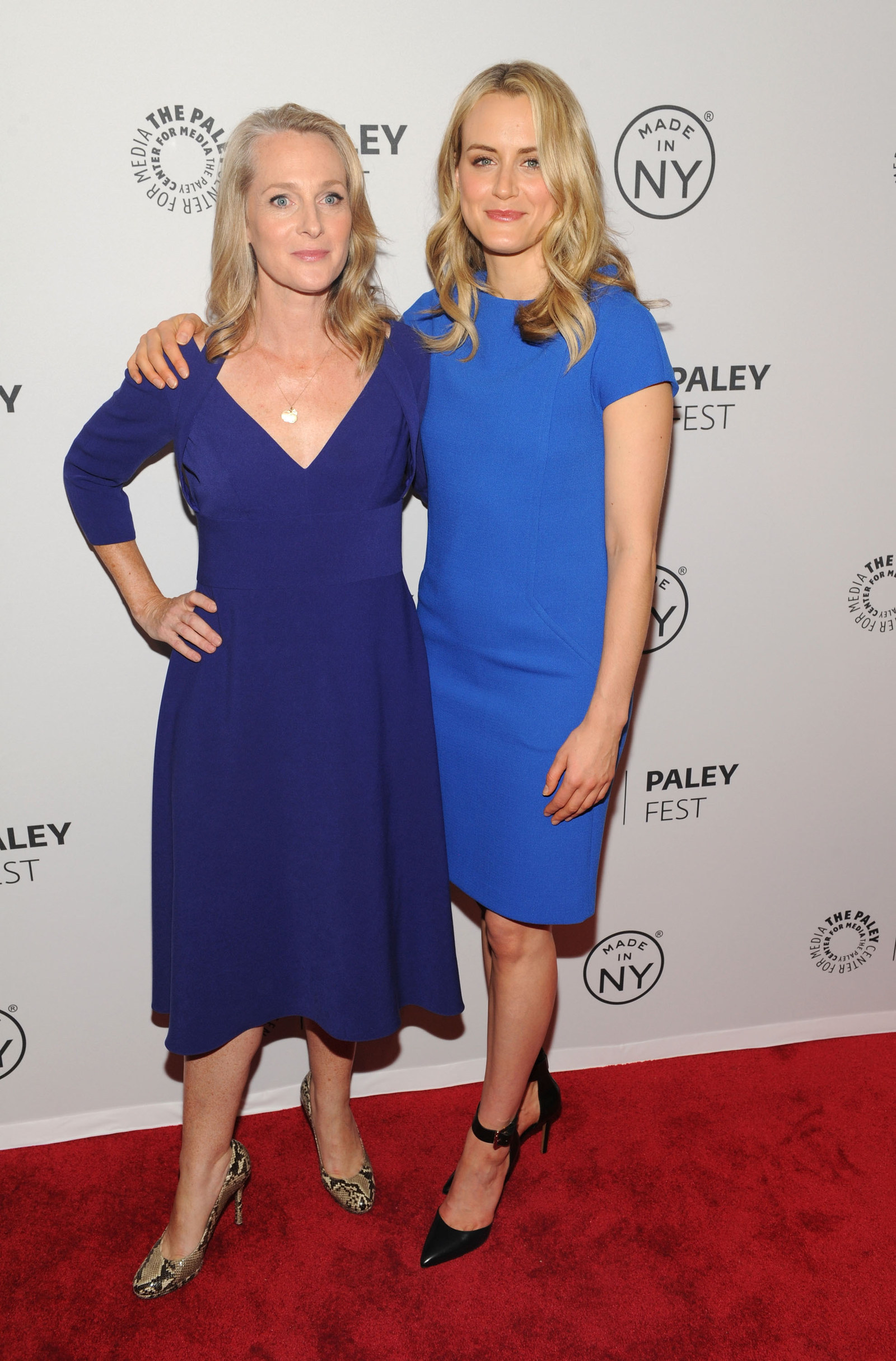
Piper Chapman is a creation of Taylor Schilling's acting and Jenji Kohan's writing, says Kerman. "The show makes these huge departures from the true story of my own life."
"One of [Kohan's] brilliant choices is not to have this Walter White, Tony Soprano, single-character protagonist. To me, that’s an outdated way of looking at the world. Instead, it’s an incredible array of overwhelmingly female protagonists. Why shouldn’t Piper Chapman be a villain?”
But what side of the love/hate Piper divide does she fall on? “I love all the characters,” she says diplomatically. “Except Pornstache. He’s hard to love.”
9. And if Kerman could go back to her first day in prison and give herself advice, she'd say: “Keep your eyes open and your mouth shut."
“Prison or jail is not a safe place," she says. "It’s a strange place with complicated rules, layers of power, often things are not what they seem. Both for your own safety and sanity, you have to understand the context in which you’re living. It’s dramatically different to the free world.”
